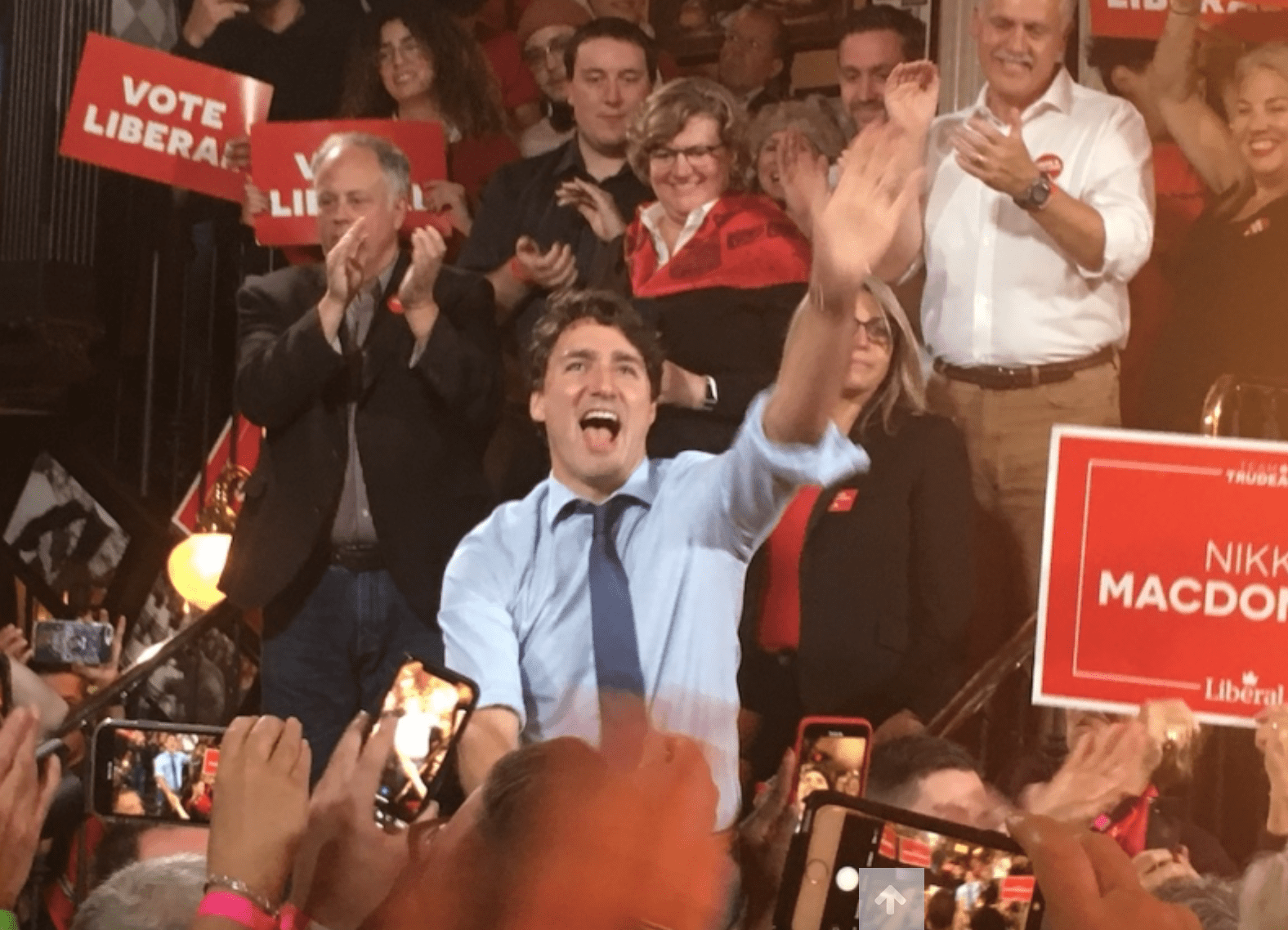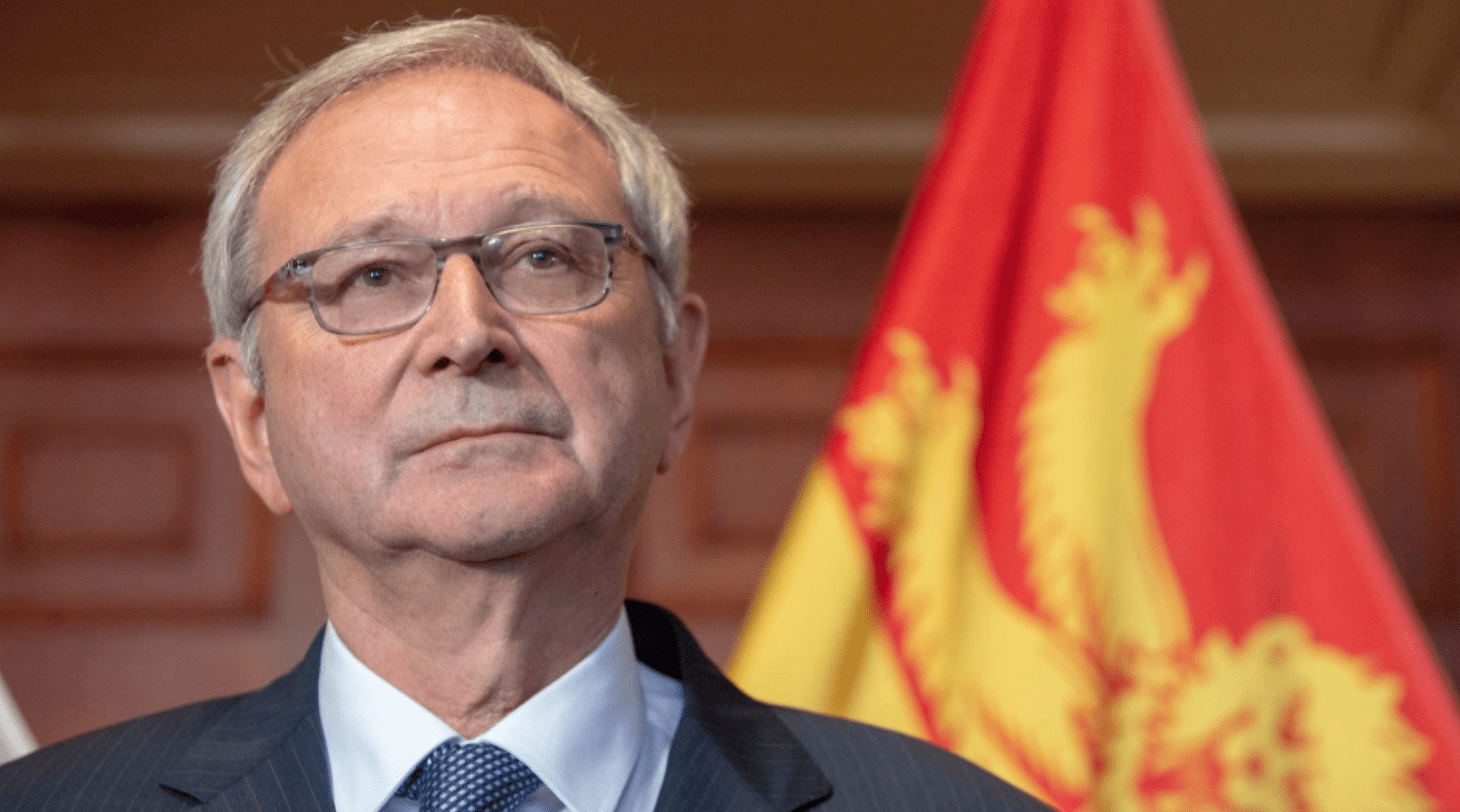American philosopher Eric Hoffer once noted, "Disappointment is a sort of bankruptcy the bankruptcy of a soul that expends too much in hope and expectation."
This is something to keep in mind when thinking about our political system, since disappointment and politics seem to go together like Justin Trudeau and Star Wars socks.
Indeed, I'd argue, the business of politics routinely creates legions of bankrupt souls, people who invested too much of their hopes and expectations in leaders who inevitably couldn't live up to the hype surrounding them.
The most obvious case of such a leader, of course, is Prime Minister Justin Trudeau.
When Trudeau came on the political scene as Liberal leader, remember, his party branded him as a new breed of morally superior, intellectually-enlightened, energetically- youthful, and culturally progressive politician, who was free from the cynicism that seemed to infect jaded old-school political practitioners.
Under Trudeau, we'd have a glorious age of "Sunny Ways."
However, so far it hasn't quite turned out that way.
Far from being an infallible god, Trudeau with all his missteps, scandals and blunders, has shown himself to be all too human, which must be a huge disappointment to those who had dared to hope for something different, something better, something a little more utopian.
Meanwhile, Trudeau is not the only Canadian political leader who has disappointed.
Consider the case of soon-to-be ex-Conservative leader Andrew Scheer.
Scheer is actually an odd case, since the expectations he generated lagged behind his rise to prominence.
After all, when he was selected as leader, back in 2017, I suspect many in his party believed the Conservative road to victory was a two-stage process; Trudeau would likely win a majority in 2019 and then perhaps they'd have a chance in 2023.
So, in other words, initially expectations for Scheer were low.
Yet, during the 2019 federal election, thanks to the SNC-Lavalin and "blackface" scandals, Trudeau's star had dimmed and Conservatives began to believe Scheer could actually win it all.
But, as we all know, that didn't happen and disappointed Conservatives blamed Scheer.
As Peter MacKay put it, Scheer had missed scoring on an "empty net."
Never mind that Scheer had knocked Trudeau down to a minority government, a feat the Tories in 2017 likely would have seen as a sort of victory; all that mattered to many Tories was the lingering and bitter disappointment of losing what seemed to be a winnable race.
Then there's NDP leader Jagmeet Singh, who with his good looks, his cool demeanor, and his sartorial splendor, was expected by many New Democrats to match Trudeau photo op for photo op and selfie for selfie.
Out was the stodgy and boring Thomas Mulcair, in was the exciting and dapper Singh; the "Orange Wave" was back baby!
But it wasn't long before Singh's weaknesses as a leader became apparent, he seemed ill-prepared when doing media interviews, lacked the ability to inspire his own base, and was largely ignored in Quebec.
So, disappointment set in; NDP fundraising numbers went into a tailspin and some prominent New Democrats started to openly question his leadership.
Nor did his poor showing in the 2019 federal election help his cause.
Of course, politically-charged emotions are much stronger in the USA than they are here, and one of my big fears is that disappointment will be running rampant and deep in half of America's population no matter who ends up winning the upcoming presidential election.
I say that because Joe Biden's supporters are so supremely confident right now that he'll topple President Donald Trump in November, that should Trump somehow come out on top, it'll create a massive case of severe cognitive dissonance among both the media and Democrats.
Meanwhile, I also bet that despite his poor showing in the polls right now, Trump's supporters still believe he can pull a rabbit out of his hat and repeat what he did in 2016 i.e. defy the pollsters and win.
If that doesn't occur, his supporters will no doubt be supremely distressed.
At any rate, my point is politics has a way of disappointing people, which is a potential problem for a democracy, since disillusionment often leads to despair, despair leads to cynicism, and cynicism leads to apathy.
Simply put, when people see their high hopes and expectations dashed, their souls become bankrupt and they're often tempted to just give up.
So perhaps, to protect our souls, all of us need to consider the strengths and weaknesses of our political leaders a little more realistically.
Don't expect them to be gods or geniuses; look at them as people who can sometimes make mistakes and who won't always be victorious.
In short, hope for the best, but prepare for the worst.
Photo Credit: CBC News








